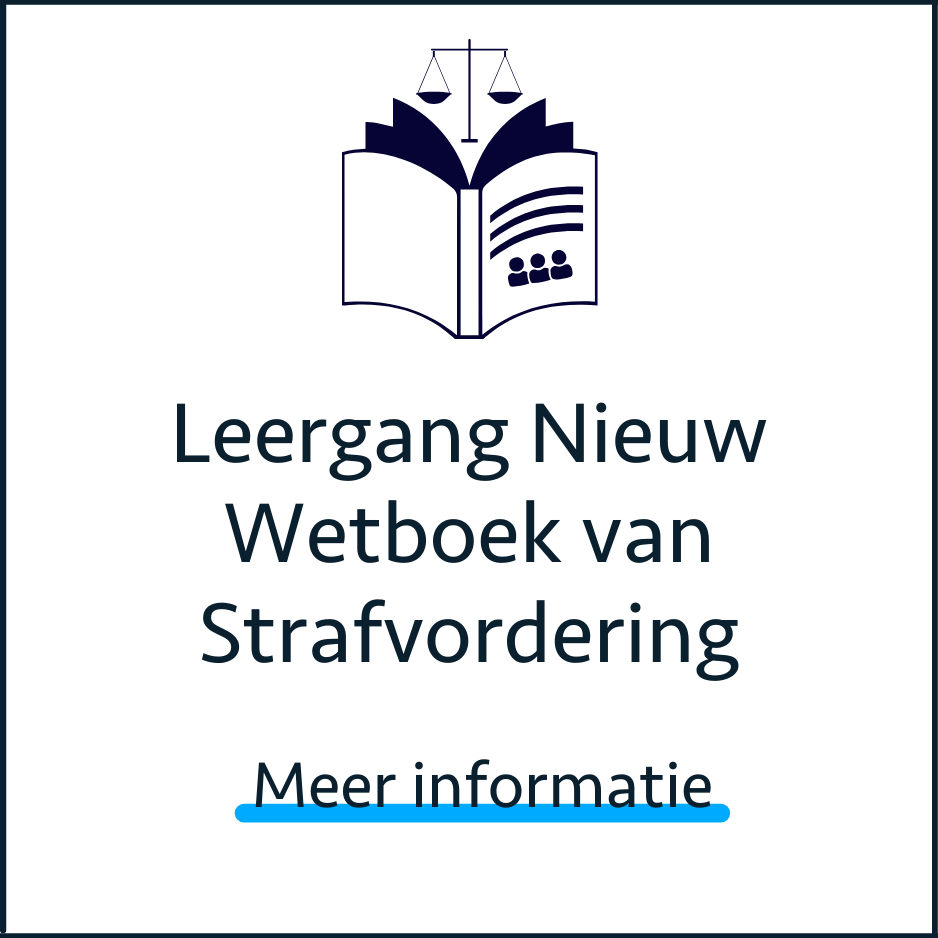Field Evidence on the Impact of Anti-Bribery Policies on Employee Knowledge and Corrupt Behavior
/Companies increasingly adopt internal norms to enhance compliance with legal rules. However, the rapid growth in volume and complexity of such internal rules may obstruct employee knowledge and understanding of such internal rules, and therefore also their compliance. The present study seeks to understand whether shorter and more accessible formats of internal company norms will yield better knowledge and understanding of such norms.
The study consists of an extensive online field experiment randomly assigning 1235 employees of an international technology company to four treatments. In the long policy condition, employees received a 19-page traditional policy written in standard legalese language. The short policy condition entailed a shortened two-page version of this classic policy, and in the infographic condition, employees received an illustrated overview of the essential rules on a single page. A fourth group received no policy and served as a control condition. After reading the policy, employees completed several measures assessing their rule knowledge, perceived social norms, and played an incentivized bribery game. We find that (a) none of the types of policies presented improves rule knowledge or reduces corrupt behavior compared to the control treatment, and (b) no differences exist between the policies in influencing rules knowledge or reducing corrupt behavior. Instead, we find robust evidence indicating that people form their beliefs about corporate norms and decide how to behave in situations presenting high-corruption risk based on what they consider to be the norm. The paper discusses its implications for existing literature on codes of conduct and internal norms, on ethics training, as well as on legal knowledge development.
Lees verder:
Is Less More? Field Evidence on the Impact of Anti-Bribery Policies on Employee Knowledge and Corrupt Behavior door Sharon Oded, Anne Leonore de Bruijn, Shuyu Huang, Benjamin van Rooij in Regulation & Governance











